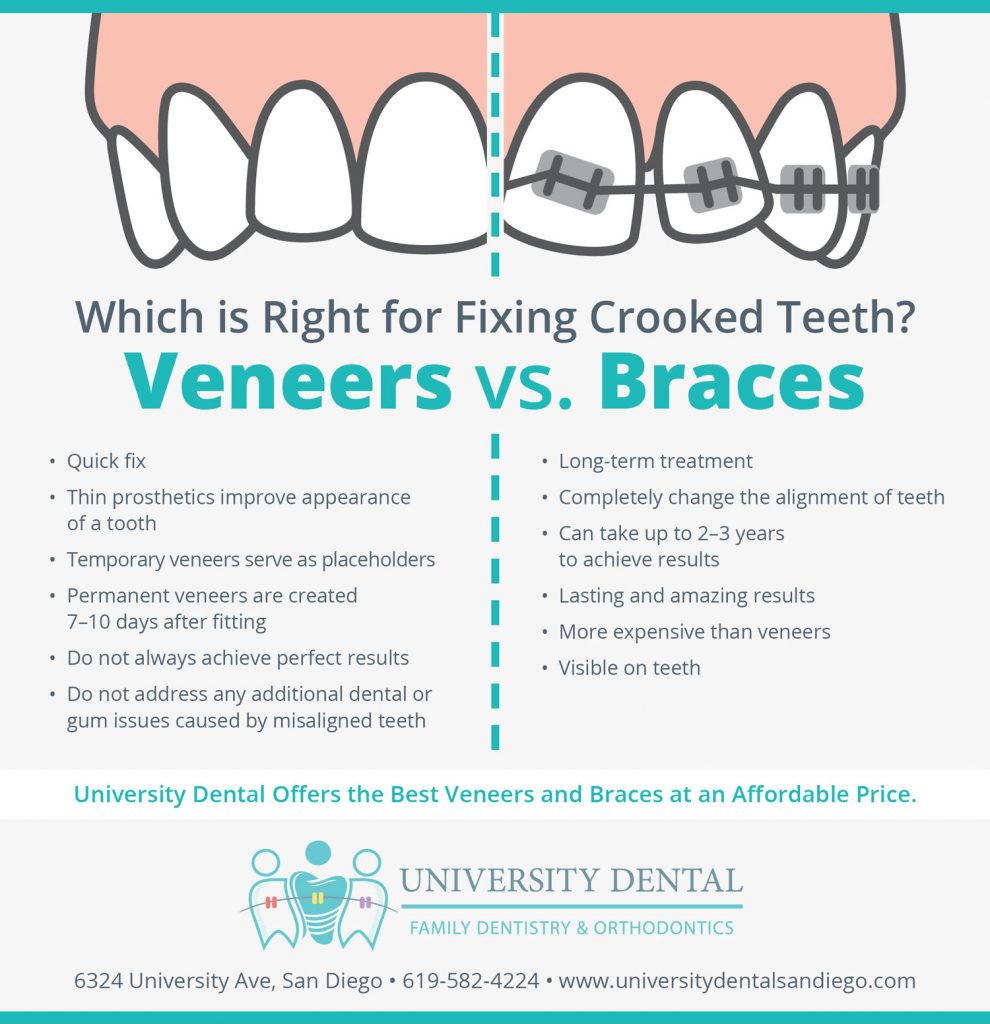When Do I Need Veneers? Fixing Teeth Made Easy

The quest for a perfect smile has led many to consider cosmetic dentistry options, and one popular choice is veneers. But when exactly do you need veneers, and how can they transform your teeth? To answer these questions, let’s delve into the world of veneers and explore their applications, benefits, and the process of getting them.
Imagine having a set of teeth that are not only aesthetically pleasing but also boost your confidence. Veneers can make this a reality by correcting various dental imperfections. These thin, custom-made shells are designed to cover the front of your teeth, effectively addressing issues such as discoloration, chipping, or misalignment. Whether you’re looking to enhance the appearance of a single tooth or your entire smile, veneers can be a viable solution.
One of the primary reasons individuals opt for veneers is to address teeth discoloration. This can be due to various factors, including poor oral hygiene, consumption of staining foods and beverages, or the use of certain medications. If your teeth have become dull and lackluster, veneers can help restore their natural glow. By bonding these porcelain or composite shells to your teeth, you can achieve a brighter, more even smile.
Another common application of veneers is to repair chipped or worn teeth. Over time, our teeth can become damaged due to accidents, grinding, or simple wear and tear. Veneers can help restore the shape and appearance of your teeth, ensuring that your smile remains intact. This is particularly beneficial for individuals who have experienced trauma to their teeth or have habits that contribute to dental erosion.
In addition to addressing discoloration and damage, veneers can also be used to correct misaligned or uneven teeth. If you have teeth that are slightly crooked or overlapping, veneers can help create a more uniform appearance. This can be especially beneficial for individuals who are not candidates for orthodontic treatment or prefer a less invasive solution.
Now that we’ve explored the applications of veneers, let’s discuss the process of getting them. The journey typically begins with a consultation with a cosmetic dentist. During this initial meeting, your dentist will assess the condition of your teeth and discuss your goals and expectations. If veneers are deemed a suitable solution, the next step will be to prepare your teeth for the procedure.
Preparing your teeth for veneers involves removing a small amount of enamel from the front of your teeth. This is done to ensure a proper fit and to prevent your teeth from appearing too bulky. Once your teeth have been prepared, your dentist will take impressions, which will be used to create your custom veneers. The fabrication process typically takes a few weeks, during which time you may be fitted with temporary veneers to protect your teeth and allow you to get used to the feel of your new smile.
When your veneers are ready, you’ll return to your dentist for the bonding process. This involves applying a special adhesive to your teeth and then attaching the veneers. The result is a natural-looking, durable smile that can last for many years with proper care.
To illustrate the benefits of veneers, let’s consider a scenario. Imagine that you have a tooth that has become discolored due to a childhood accident. Despite your best efforts to maintain good oral hygiene, the tooth remains a noticeable eyesore. By opting for a veneer, you can restore the appearance of your tooth and regain confidence in your smile.
Veneers are not a one-size-fits-all solution. It's essential to consult with a cosmetic dentist to determine if veneers are the right choice for your unique dental needs.
In conclusion, veneers can be a game-changer for individuals seeking to transform their smile. By addressing issues such as discoloration, chipping, and misalignment, veneers can help you achieve a confident, radiant smile. Whether you’re looking to correct a single tooth or your entire smile, it’s essential to consult with a cosmetic dentist to determine the best course of action.
Troubleshooting Common Veneer Concerns
When considering veneers, it’s natural to have questions and concerns. Here are some common issues and their solutions:
- Are veneers painful? The process of getting veneers is typically painless, although you may experience some discomfort during the preparation phase.
- How long do veneers last? With proper care, veneers can last for 10 to 20 years or more.
- Can veneers be repaired? While veneers are durable, they can be damaged. If a veneer becomes chipped or cracked, it may need to be replaced.
What are the advantages of veneers over other cosmetic dentistry options?
+Veneers offer a non-invasive, long-lasting solution for addressing various dental imperfections. They are also highly customizable, allowing for a natural-looking result that enhances your unique smile.
Can veneers be used in combination with other dental procedures?
+Yes, veneers can be used in conjunction with other cosmetic dentistry procedures, such as teeth whitening or dental crowns, to create a comprehensive smile makeover.
As we’ve explored the world of veneers, it’s clear that these custom-made shells can be a powerful tool in achieving the smile of your dreams. By understanding the applications, benefits, and process of getting veneers, you can make an informed decision about whether they’re right for you. Remember, a confident smile can have a profound impact on your overall well-being, and with veneers, you can unlock a brighter, more radiant you.
